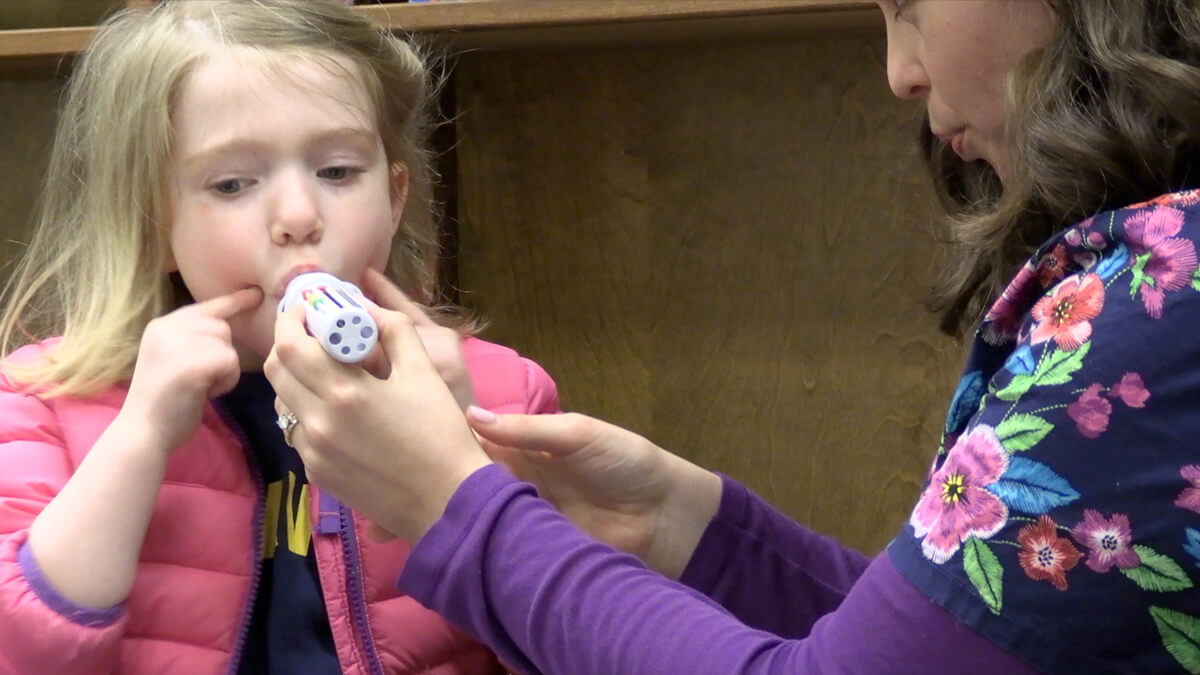Imagine for a moment that you are the loving parent of a young child. Living in South Carolina, you are more apt to be a single parent than almost anywhere else in the United States. Here, you are also at greater risk of having a baby with a low birth weight who may also have some health complications.
The stress and strain of the pandemic have further complicated your life. Economic instability and less-than-ideal child-care opportunities affect 40% to 43% of this state’s families. The Children’s Trust of South Carolina reports that 150,000 children are being negatively impacted by these factors as well as by lack of health insurance and access to health care. You know you need to work to keep a roof over your head, attend school or to maintain your career track, but child care can be very difficult to find, even when your child is healthy.
Now imagine that your child has significant health issues that require knowledgeable management. Immediately, you fall to the bottom of the list at most child-care centers, who may feel ill-equipped for such responsibility. What about Grandma or the family next door or the lady down the street who takes in everyone’s kids? Do you feel comfortable that any of these options will provide the kind of quality care you have been giving your child?
Enter CRAwl, an innovative pilot program created and co-directed by Kate Chappell, Ph.D., APRN, CPNP-PC, and Victoria Davis, DNP, APRN, CPNP-PC, both associate professors at the University of South Carolina College of Nursing. With funding for this pilot program provided by the Department of Health and Human Services’ Birth-to-5 Preschool Development Grant, Dr. Chappell and Davis are busy these days writing curriculum and creating instructional teaching videos, which are freely available to child-care providers, individual child-care workers and families with children who have significant health issues but do not qualify for other programs.
For the parent of a young child with diabetes, a neuromuscular disease, cardiac or respiratory problems, severe allergies, a G-tube, a colostomy, a catheter or a seizure disorder, finding qualified child care can be daunting. Sometimes, the caregiver will be a family member or friend who may be intimidated by the prospect of managing the child’s unique medical needs correctly. Yet, without adequate day care, parents can’t get back to work with any peace of mind. The answer is incredibly simple: Train the caregiver exactly how to meet the specific health care needs of the child.
Designed for youngsters from birth to age 5, CRAwl offers a free assessment of what specific care needs are necessary, easy-to-understand 30- to 60-minute training modules for each condition or disease and a virtual or in-person follow-up visit to offer additional customized support. A licensed nurse or nurse practitioner makes the home or day care visits.
“This program builds confidence for both parent and provider around child care. We are providing a service so families can go to work, and children can be put into home or facility care where their health issues are managed appropriately,” said Dr. Chappell. “Currently, we have four teaching modules ready to go and six more in the works. We will continue to add as children present with specific needs. Our goal is to not turn anyone away.”
Although CRAwl is headquartered in Columbia at the Yvonne & Schuyler Moore Child Development Research Center, all services are offered statewide. Referrals or requests can be made by the child’s health care provider, the childcare provider or the parent.
Imagine a day that you, as a parent of a child with serious health concerns, can go to work knowing your child is getting the best possible care. That’s a good day!
For more information or to register, contact CRAwl at www.scinclusion.org.
By Janet E. Perrigo
